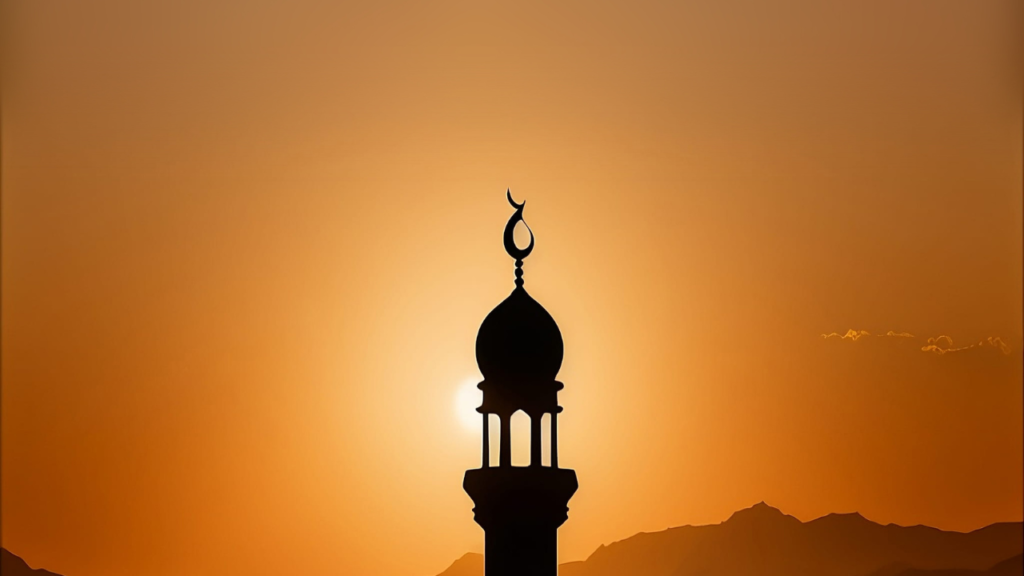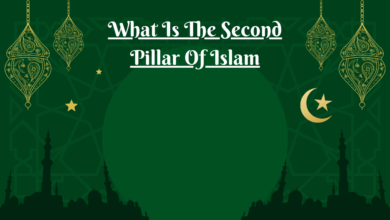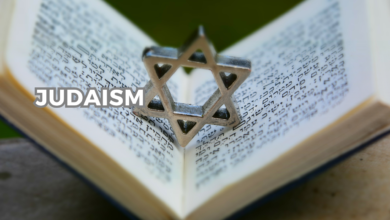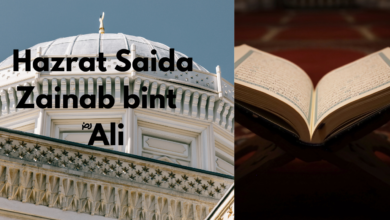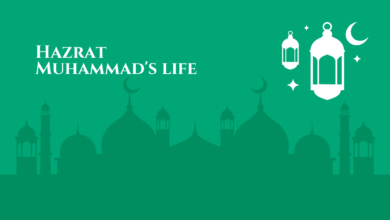Who is the Current Caliph of Islam?
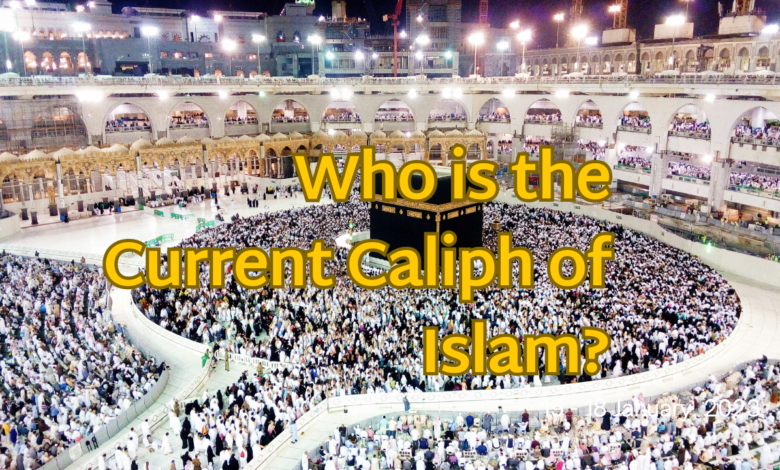
Who is the Current Caliph of Islam?
Introduction
The title of Caliph in Islam holds immense historical and religious significance. It represents the highest spiritual and political authority within the Muslim world, but in contemporary times, the question of who holds the mantle of Caliph has become a complex and contentious issue. This article will delve into the historical context of the Caliphate and explore the various individuals and organizations that have laid claim to this esteemed position in recent years.
The Historical Context of the Caliphate
The term “Caliph” is derived from the Arabic word “Khalifah,” which means “successor” or “representative.” Historically, the Caliphs were the spiritual and political leaders of the Muslim community after the death of Prophet Muhammad in 632 CE. The first four Caliphs, known as the Rashidun Caliphs, played a crucial role in expanding the early Islamic empire and laying the foundation for the various Islamic empires and dynasties that followed.
The Caliphate evolved through different historical periods, including the Umayyad, Abbasid, and Ottoman Caliphates, with various dynasties holding the position. The last widely recognized Caliph was Abdulmecid II, the 101st and final Caliph of the Ottoman Empire, who was deposed in 1924.
Also check.
- What Foods are Forbidden in Islam?
- What does the Word Muslim Mean?
- What does Muslims Believe in?
- Who is Prophet Musa
Modern Claims to the Caliphate
Since the fall of the Ottoman Empire, the title of Caliph has remained unoccupied in a traditional sense, leading to numerous factions and organizations making claims to this prestigious position. Some of the most well-known modern claims include:
- Islamic State (ISIS): Perhaps the most notorious claim in recent history, ISIS declared its leader, Abu Bakr al-Baghdadi, as the self-proclaimed Caliph in 2014. This declaration was widely rejected by the global Muslim community and the international community at large.
- Al-Qaeda: Various leaders within Al-Qaeda have expressed their aspirations for establishing a Caliphate, but none have garnered widespread support.
- Muslim Brotherhood: Some supporters of the Muslim Brotherhood have advocated for the re-establishment of the Caliphate, but this stance remains controversial and not widely accepted.
- Minor Islamist groups and individuals: Various minor Islamist groups and individuals have declared themselves as Caliphs, but these claims usually lack the credibility and recognition to be taken seriously.
The Contemporary Islamic Landscape
The question of who holds the title of Caliph in contemporary Islam remains contentious and without a widely accepted answer. The majority of the Muslim world does not recognize any of the aforementioned claims, as they are often seen as politically motivated, lacking religious legitimacy, and failing to meet the historical criteria of the Caliphate.
Today, the Muslim world is diverse, with various nations governed by different forms of government, including democracies, monarchies, and republics. The religious leadership within Islam is also highly decentralized, with scholars, imams, and leaders of various Islamic schools of thought guiding their respective communities.
Conclusion
The question of who is the current Caliph of Islam remains a complex and contentious issue in the modern world. While various factions and individuals have made claims to this prestigious title, none have gained universal recognition or legitimacy within the broader Muslim community. The historical Caliphate has undergone numerous transformations and no longer exists in its traditional form. Today, the Muslim world is characterized by a diversity of political systems and religious authorities, making the reestablishment of a unified Caliphate a complex and elusive aspiration.
